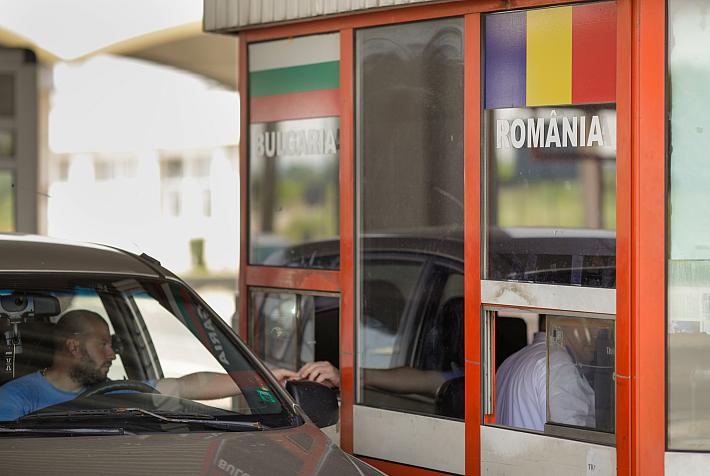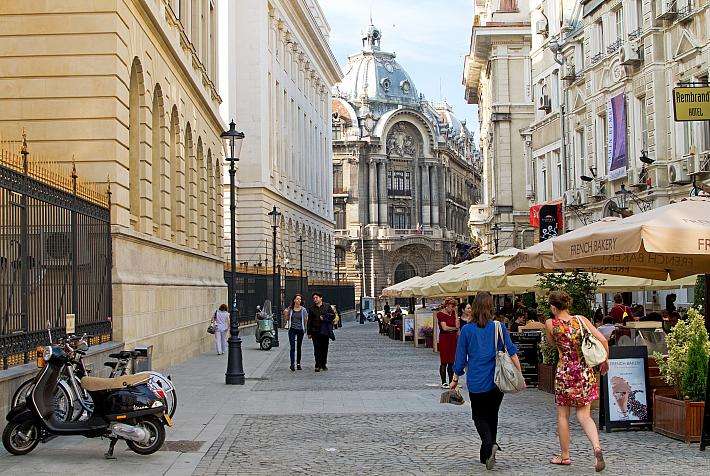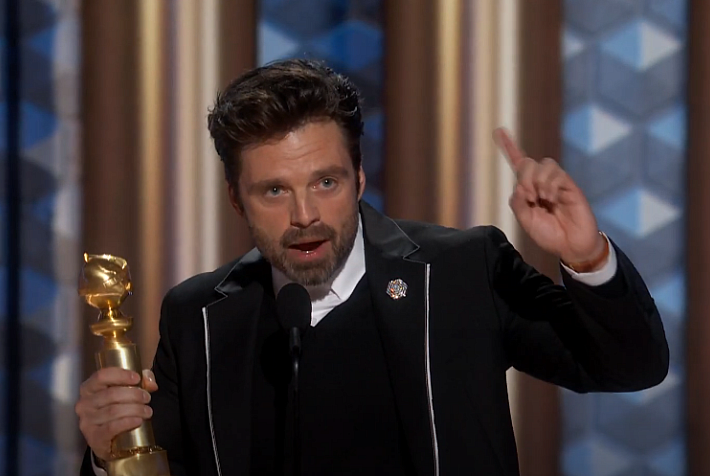World Bank: Romania's economy stabilized, further challenges before full recovery

 The Romanian economy has been stabilized and is poised to regain growth momentum, according to a World Bank's recent statement. However, further challenges remain for full recovery and growth, in the short to medium term, due to both global and domestic factors. The World Bank mentions the co-payment law for medical services among requirements before new money disbursements to Romania.
The Romanian economy has been stabilized and is poised to regain growth momentum, according to a World Bank's recent statement. However, further challenges remain for full recovery and growth, in the short to medium term, due to both global and domestic factors. The World Bank mentions the co-payment law for medical services among requirements before new money disbursements to Romania.
The bold macroeconomic stabilization program started by Romania in 2009, with the support of the IMF, the European Commission and the World Bank was followed by a new program, which deepens the measures of fiscal consolidation and efficiency over the coming two years, when implementing key structural reforms is necessary to support growth, according to the WB.
The World Bank provided EUR 300 million in June 2011 and aims to provide another EUR 400 million before the end of 2011. This is part of the third Development Policy Loan (DPL 3) which focuses on measures to improve expenditure efficiency and sustain fiscal consolidation.
One critical measure to be completed before the DPL 3 can be finalized relates to parliamentary approval of the new co-payment law for medical services.
A results based project financed by the World Bank for Romania's health sector, amounting to EUR 250 million – which is under preparation – will support the implementation of these reforms over the next three years.
The envisaged reforms include restructuring of the hospital network, definition of the basic package of healthcare services, introduction of the supplementary private health insurance system, and introduction of measures aiming to control the continuous increase of costs with the consumption of pharmaceuticals.
In energy, Romania is currently facing critical challenges. “In order to attract private investment, the Government needs to restore the credibility of Romania’s sound commercial practices, competitive energy markets, and implementation of EU-compatible energy laws and regulations. Romania’s energy regulator, the National Authority for Regulating Energy (ANRE), stood out as a regional best practice model in 2005; interventions by successive political decisions since then have brought ANRE close to non-functionality, due to non-effective implementation of ANRE regulations, various pricing, and market practices in the energy sector,” according to the WB.
Romania should carry out agreed reforms without further delays and postponements, towards a well-balanced strategy of attracting private sector investment and developing viable public sector energy companies. Private investment and professional management of public companies is required to ensure the security of energy supply to support economic growth and the quality of life, the Bank goes on.
In the transport sector, the challenges facing the sector remain significant, with the need to comply with European regulations, for example on state aid, and to ensure financial sustainability, especially in railway, and to deliver on infrastructure investment.
The Development Policy Loans (DPL) program, amounting to EUR 1 billion, focuses on public financial management, the social sectors, and the financial sector. DPL 1, totaling EUR 300 million was approved by the Board of the World Bank on July 16, 2009, signed on September 1, 2009, and disbursed on October 20, 2009. DPL 2, totaling EUR 300 million was approved by the Board of the World Bank on February 2, 2011, signed on June 24, 2011, and disbursed on June 30, 2011. DPL3 totaling EUR 400 million is scheduled for approval by the Board in the fall of 2011.
editor@romania-insider.com












